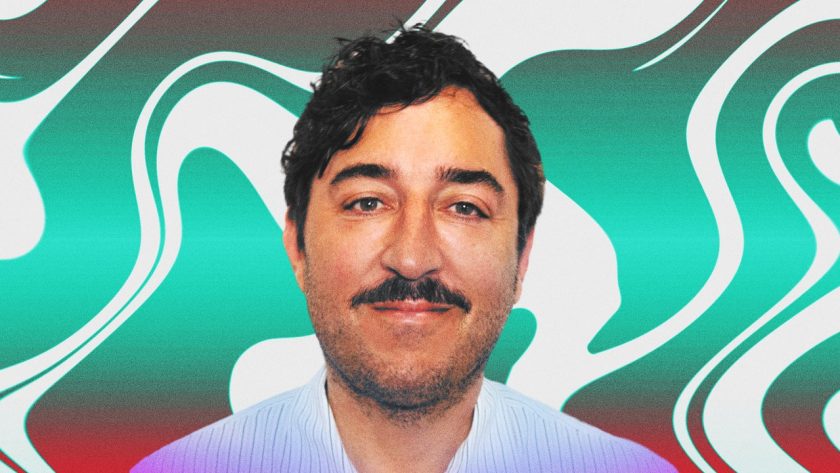That’s why I announced it. I was like, “Well, here I am.” I also followed what my other friends were doing. Everyone, once they started off in this next chapter, they just made an announcement and I was like, “I suppose I should do that just to let people know that I’m doing it.”
What were you hearing from people, personally?
Just excitement mostly. There were definitely some comments that were like, “Oh, is the band over?” I didn’t respond, but never say never. It’s not a destroyed entity. It can easily come back and exist, the band, if the time is right and the mood is right.
You mentioned you’ve been in therapy since you were 21. How did your experiences in therapy inform the kind of therapist you wanted to become?
The whole thing they joke about when you’re in school and you’re starting out and there’s this whole imposter syndrome, and you’re saying like, “I’m not qualified. I don’t know what I’m doing.” Then they’re like, “Well, have you been in therapy?” You’re like, “Yes.” They’re like, “Well, you’ve been studying it to a certain degree.”
It’s true because, just in doing it for yourself, you’re experiencing what it’s like to be in the room, what it’s like to unpack issues. You’re doing the internal unpacking, but in doing that, you discover so much about yourself. For instance, certain tools that I learned at a younger age to deal with my anxiety, I now implement in practice. It’s so cool because I have a direct relationship to that tool that it helped me.
This obviously doesn’t always work for everyone, but it’s nice to know that I have a lived experience that I can share with people. I’m not a therapist that closes off and doesn’t answer anything personal.
Beyond it appealing to you in a creative sense, why therapy? Were you the friend who everyone was always confiding to, saying “you should be a therapist?”
I don’t think a lot of my friends thought that I would do this. But, no, why therapy? I found the excitement I had to be infectious to the point where I wanted to learn more about it and I wanted to go behind the scenes and understand modalities better. When I started out, my old therapist who encouraged me to start studying, said, “If you don’t like it, you’re not required to stay.” That was a really breakthrough moment for me where I was like, “I can just go part-time.” If I don’t like it, sure I will have lost some time and a little bit of money, but I can just say, “Well, I tried it and it’s not for me.” But I ended up loving it a lot.



